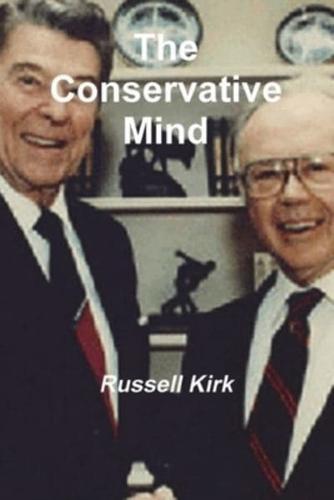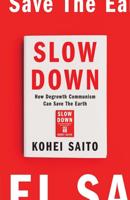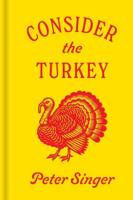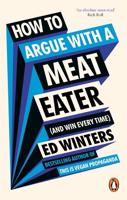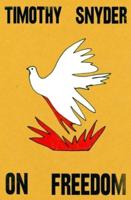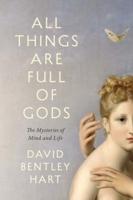Publisher's Synopsis
In attempting to clarify the spirit of conservatism, Kirk turns his attention to three broad fields-political philosophy, religious thought, and imaginative literature. Following Burke, whom he calls the first truly modern conservative thinker, he studies the work of John Adams, Walter Scott, Calhoun, Fenimore Cooper, Tocqueville, Nathaniel Hawthorne, Benjamin Disraeli, Cardinal Newman, George Santayana, and T.S. Eliot and others. Vigorously written, the book represents conservatism as an ideology born of sound intellectual traditions.
"It is inconceivable even to imagine, let alone hope for, a dominant conservative movement in America without Kirk's labor." - William F. Buckley, Jr.
